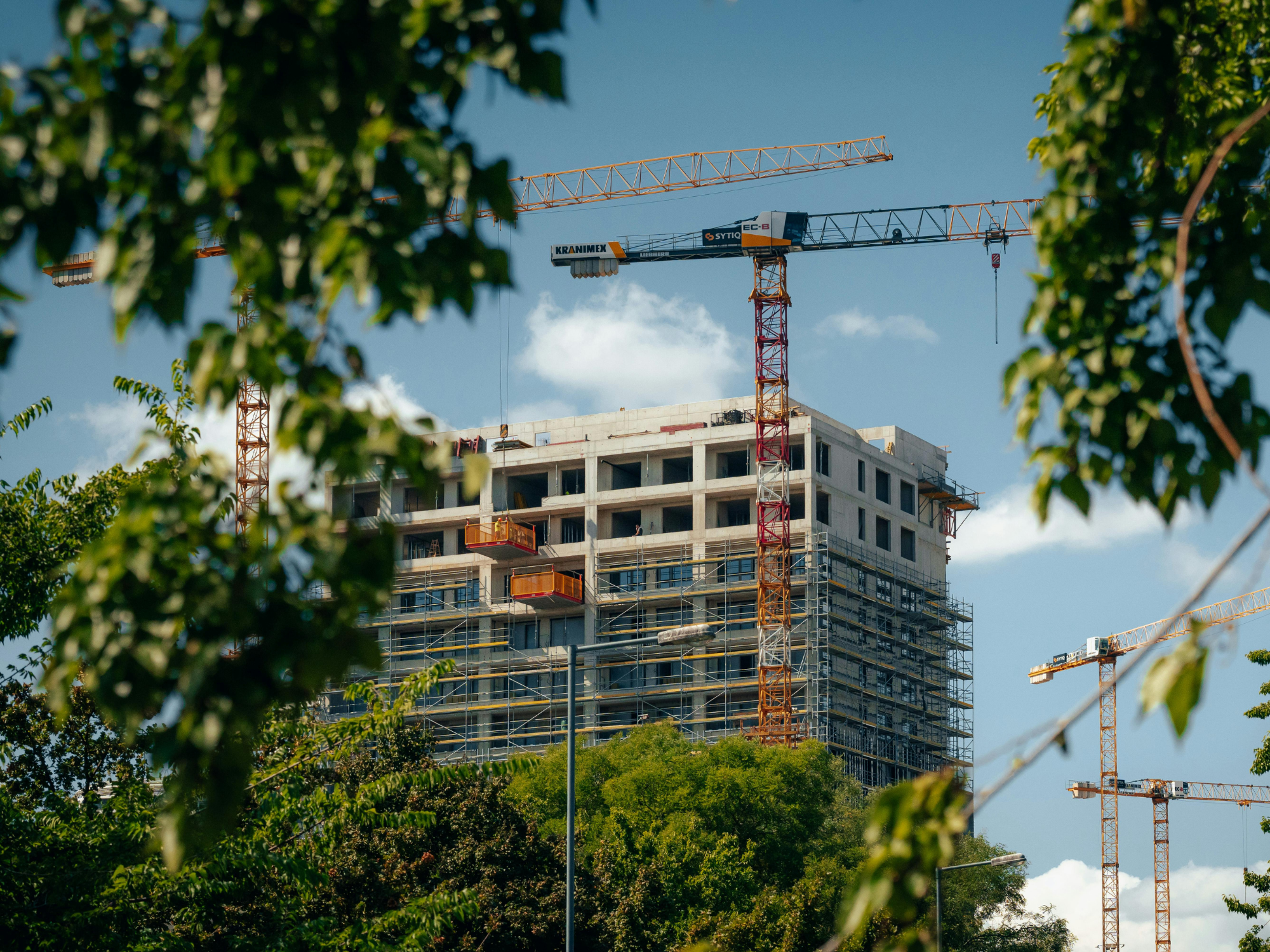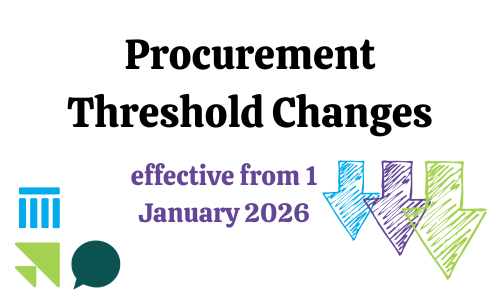Compliance
Our Compliance frameworks are clever, agile and really embrace building safety.
Our Compliance frameworks are clever, agile and really embrace building safety.
Asbestos inspections & testing
Water hygiene risk assessments
Fire Safety Works
Heating & water hygiene

Frameworks that connect you with experienced consultants ready to support your projects.
Asset & development consultancy
Compliance consultancy

Frameworks to help you design, deliver and maintain whole-house energy efficiency measures.
Mechanical ventilation
Domestic air source heat pumps
Communal air source heat pumps
Domestic ground source heat pumps

We've a number of frameworks to support your development projects.
Our framework covers fully managed, secure, flexible and auditable electronic payment services.
Our cleaning and grounds maintenance framework is designed to help with your estate management.
Our repairs and maintenance frameworks support all aspects of your asset management strategies.
Internal & external building works

We've committed to training housing sector colleagues, organisations and the supply chain through our Prospects programme.
Main menu
Asbestos inspections & testing
Water hygiene risk assessments
Fire Safety Works
Heating & water hygiene
Asset & development consultancy
Mechanical ventilation
Domestic air source heat pumps
Communal air source heat pumps
Internal & external building works
Main menu
05 November 2025

In September, we brought together contractors and consultants from our frameworks to share market insights and ask what more we can do to accelerate housing delivering in the South East.
We discussed the challenges and opportunities presented by the current political and economic climate – and we’re excited to share the five key takeaways with you.
Whilst the supply chain isn’t broken – it is fragile. And, whilst labour and materials have largely stabilised, the group highlighted that confidence in delivery always depends on early engagement.
Contractors stressed the importance of being involved at the design stage before planning applications are submitted. This allows them to advise on buildability, plan resources, and avoid bottlenecks down the road.
For all organisations a steady pipeline of work is essential as it:
Their main early warning was regarding competition from other sectors like water and energy. They’re ramping up their investments and so demand for skilled labour is increasing. This could create gaps in resources longer-term without clear visibility and commitment from the housing sector.
Packaging up works over the long-term allows for better planning and delivery. It’s not about profit...it's about working together for mutual benefit and towards shared goals.
Alliancing contracts offer the stability and better outcomes we discussed in relation to the supply chain – but they require buy-in from customers.

Whilst the long-term vision of LGR is really promising, there are some concerns around the short-term disruption.
The main uncertainty surrounded contract terms and ongoing projects – especially the things to consider when going into contract with Local Authorities that may not exist in three years' time. This affects everything from planning applications to Section 106 agreements. Long-standing relationships with Boroughs and Districts could be disrupted, and suppliers are having to shift to support new roles and structures across operating areas.
In London, tri-borough models are showing promise - but in larger counties, differing priorities between districts could pose challenges. The group agreed that patience and proactive engagement will be key to navigating this transition.
As a procurement organisation we know that contracts matter – but so do relationships. Our group explored what real partnerships looks like in practice, and it’s clear that trust, transparency and shared goals are essential.
So, how does this work in practice? Colleagues suggested that drawing up a charter for all parties (including subcontractors and consultants) can help set the tone from day one. It’s about challenging each other constructively and asking the right questions to build mutual understanding.
Essentially...partnerships really work when risk is shared, values are aligned and everyone is held accountable – not just by the contract, but by a shared mission.
We all agreed that culture starts at the top –
“Leadership is about standing up and doing the right thing - and taking people with you.”
We need to work collaboratively across the whole supply chain – from our customers to those delivering works on-site. Bridging this gap requires strong leadership from all parties. We need to work to remove blockages and empower people to make informed decisions.
This first Development Alliance Network meeting sparked honest conversations about critical challenges facing our sector – but it’s clear there's so much opportunity to work together on this. As we prepare for the next session, we’ll continue exploring how to embed alliancing principles and support leadership that drives meaningful change.
The journey has just begun! If you’d like to take part in the next session, please let us know – events@southeastconsortium.org.uk.


Often procurement isn’t seen as the most glamourous part of public sector housing delivery. But when it goes wrong,…

We're aware of some common problems contractors face when trying to access our DPS portals. Here are some quick…

Possibly the last PPN of the year, PPN 023: 2026 advises on new thresholds in effect from 1 January 2026.The…
